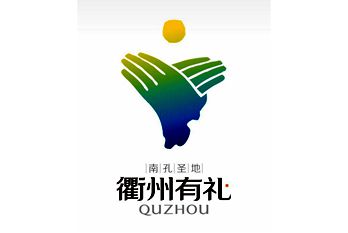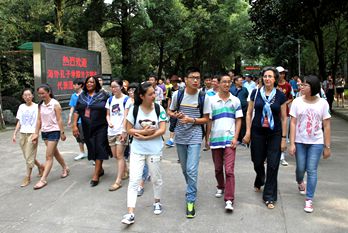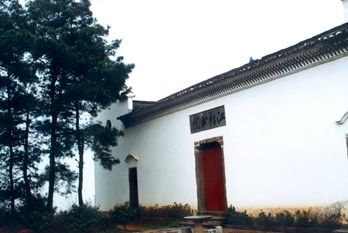An idyll example of rural vitalization
Overseas sales
Last year, Jiang's company reaped a revenue of more than 15 million yuan, selling products not only in China, but overseas, including the United States, Europe and Southeast Asia. More importantly, though, he has provided more opportunities for local residents.
Xu Mingguang, a 70-year-old retired master craftsman of bamboo products, started to learn the trade when he was 13. But when he was in his 40s, the industry declined significantly, with plastic items largely replacing those made from bamboo.
As rising numbers of tourists visit Xikou, and as e-commerce booms in rural areas, more people are being attracted to, or are rediscovering, the charm of bamboo products.
Xu, who earns at least 3,000 yuan a month, added: "I am now doing my favorite work again. I'm also teaching a number of young apprentices. It's important that my weaving skills are passed down to the next generation."
The changing landscape of Zhejiang's rural areas has not only attracted those such as Chen and Jiang back to their hometowns, it is also luring overseas visitors.
In April 2021, Jeong Hyo-jun, a student from the Republic of Korea then studying at Tsinghua University, and his classmates arrived in Lizu village, Yiwu city, on a field trip to study China's culturally empowered rural vitalization.
"It was our first time in the area, and we were immediately impressed by its natural and entrepreneurial environment," Jeong said.
Lizu has followed a similar trajectory to Xiaye and Xikou in the two decades since the Green Rural Revival Program was introduced.
Fang Haolong, Party secretary of Lizu, said, "It may sound ridiculous, but even our own residents used to dislike the village."
But, by 2017, after the village was cleaned up and its infrastructure and facilities upgraded, Lizu had become part of a "boutique travel route" developed by the authorities in Yiwu to connect more than 100"beautiful villages" across the city.
As the village sought to distinguish itself through more cultural creation during Jeong's trip, he and his classmates agreed that the village was an ideal testing ground for their project.
In July 2021, Jeong's team, comprising 15 students from different countries, rented an old house in Lizu. They turned it into a "cultural space", in which customers drink coffee and buy traditional clothing and a range of cultural and creative products. Art exhibitions and even table games are staged in the space.
By creating such a space in the village, Jeong said they hope to attract young people to come from the cities to immerse themselves in the rural atmosphere and experience a different way of life. "We are also trying to attract young people living in the village and nearby areas. Ultimately, they will be the inner force for rural development," he said.
"So far, our project has been successful, and it still has a lot of potential," Jeong said.
"In my travels to the countryside in Zhejiang and nationwide, I've discovered the unique charm of different villages, and their beauty and vitality await to be discovered by more people," he said.

 City brand logo - fist-and-palm salute
City brand logo - fist-and-palm salute Confucianism on campus
Confucianism on campus The culture of the academy
The culture of the academy